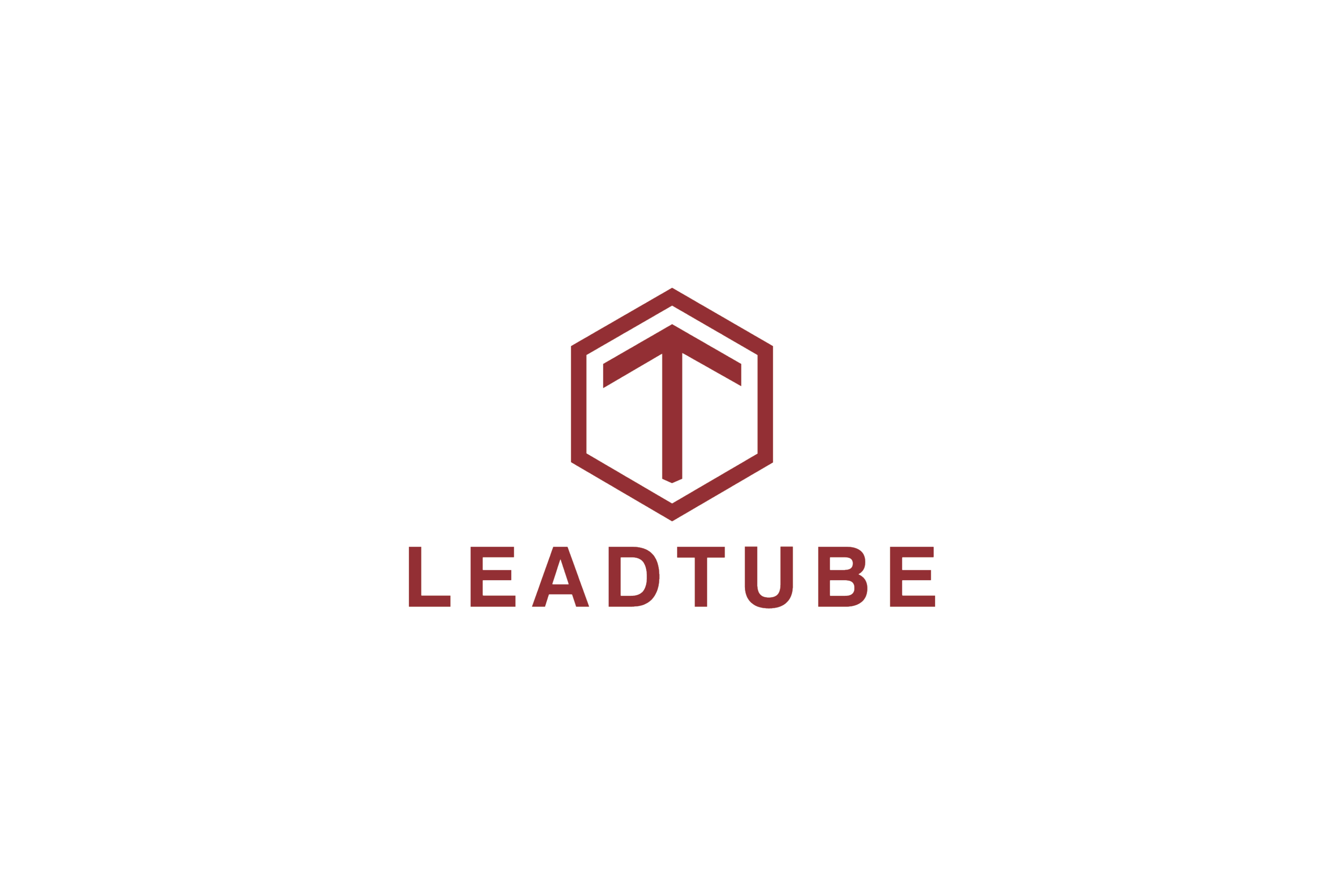The Role of AI in Predictive Marketing
- Aman Ahmadi

- Feb 7, 2025
- 2 min read
In an age where data reigns supreme and forecasting user behavior is the golden ticket to marketing success, the confluence of artificial intelligence with predictive marketing emerges as a transformative force. No longer confined to the realms of science fiction, AI, with its unparalleled data processing and analytical prowess, is actively shaping the way brands understand, engage with, and anticipate the needs of their audiences.

At its essence, predictive marketing involves using historical data to forecast future trends, user actions, or purchase behaviors. When combined with AI, this predictive model evolves exponentially. Through machine learning, a subset of AI, marketing algorithms can analyze vast datasets in real-time, continuously refining their predictions and strategies based on fresh data. The result? Highly personalized marketing campaigns that resonate deeply with individual users, maximizing engagement and conversion.
Beyond mere prediction, AI elevates marketing strategies through advanced tools and platforms designed for ad optimization. Devices like Albert and Pega leverage AI to autonomously analyze campaign performances, adjust budgets, and refine target audiences, ensuring the highest ROI. Ad platforms, including Google Ads and Facebook Ads, harness AI to optimize ad placements, bidding strategies, and content delivery tailored to real-time user behavior. The sheer precision and adaptability AI brings to these platforms are unparalleled compared to traditional manual optimization methods.
However, as we move towards an increasingly AI-driven marketing landscape, brands and marketers must adapt to harness its full potential. This means investing in AI-centric training and tools, fostering a culture of continuous learning, and staying updated with the latest AI advancements. It also requires understanding the ethical implications of AI, especially concerning user data and privacy. An AI-driven approach should prioritize transparency, ensuring users are aware of and comfortable with their data-driven brand interactions.
In conclusion, the intersection of AI with predictive marketing heralds a new era for brands, offering insights and precision previously deemed unattainable. As AI continues to evolve and become even more integrated into marketing strategies, its capacity to personalize, optimize, and predict will only grow, setting the stage for a future where marketing is not just about reaching the audience but genuinely understanding and anticipating their every need.




Comments